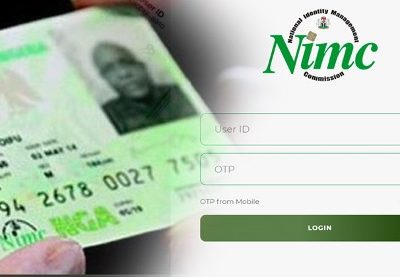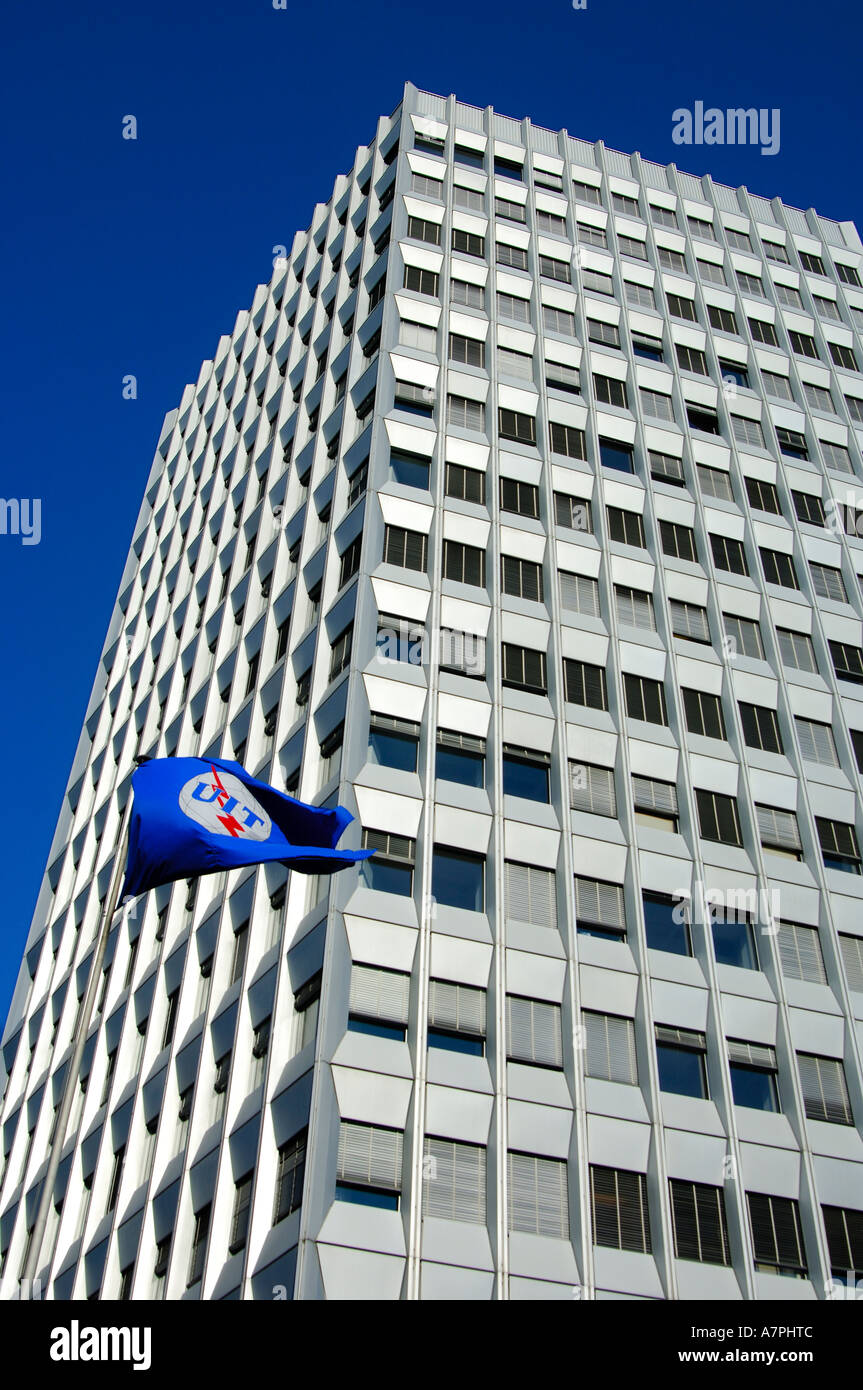Beginning October 2nd, this year, Nigerian banks are to pay N10,000 per-transaction fine should they fail to reverse failed electronic transactions to the affected customer’s account within 24 hours. The country’s financial regulator, Central Bank of Nigeria (CBN) has announced in a swift move to end tons of lapses and abuses in the electronic money sub-sector.
The CBN made this known in a new regulatory circular issued to deposit money banks (DMB) and other financial institutions in the country.
“A failed NIP (NIBSS Instant Payment) transaction not reversed into customer’s account within 24 hours” constitutes abuse and attracts a N10,000 sanction, said the new circular signed by the Director, Banking and Payment Systems Department, Mr. Dipo Fatokun.
All deposit money banks, microfinance banks, other financial institutions, mobile money operators, development finance institutions, payment service providers and other stakeholders across the country are directed to comply with the directive.
The apex bank CBN will also impose a penalty fee of N10,000 per item for delayed application of inward Nigeria Instant Payment (NIP) into beneficiary’s accounts beyond four minutes.
An electronic funds transfer or an NIP, according to the apex bank, happens between two distinct entities when delivery from the sending entity to the receiving entity takes place within one minute (60 seconds), while a payments system where delivery to the receiving entity occurs beyond one minute is considered to be a faulty bank system.
In the circular the CBN states:
“Whenever a credit has been erroneously applied to the customer’s account with the Receiving Entity, the customer shall promptly notify the Receiving Entity and authorize the reversal of such erroneous credit.”
“Where the customer account is unfunded, the customer shall provide funds within 24 hours, failure to provide funds shall be a ground for watch-listing of the customer in the banking industry, Credit Bureau and reporting to law enforcement agencies.”































